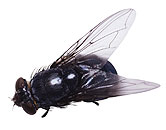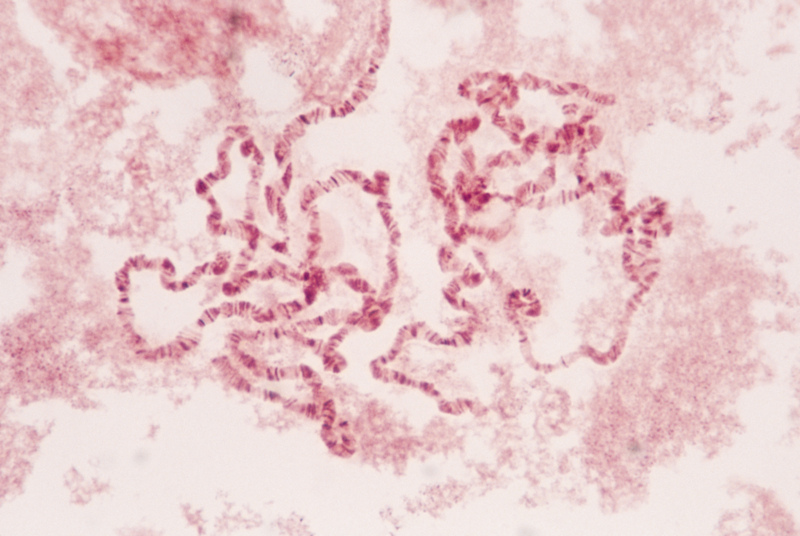
TUESDAY, Oct. 14, 2014 (HealthDay News) — A new map of the house fly’s DNA — its genome — could help scientists take a swat at a host of human diseases, experts say.
That’s because the flies not only transmit human illnesses but are also immune to them, experts said.
Learning more about how the house fly’s genes make it immune to certain illnesses might help lead to new vaccines or treatments for humans, said a team led by Jeff Scott of Cornell University in Ithaca, N.Y.
His team published the new genomic map of Musca domestica, the scientific name of the household pest, on Oct. 13 in the journal Genome Biology.
“House flies are a fascinating insect for scientists in many areas, such as developmental biology, sex determination, immunity, toxicology and physiology,” Scott said in a journal news release. “The completed genome will be a phenomenal tool for researchers in all of these fields and will facilitate rapid advancements.”
House flies live on human and animal waste and help break down that waste. But the researchers noted that the insects are also carriers of more than 100 human diseases, including typhoid, tuberculosis and intestinal worms.
These close links between house flies and humans means sequencing the fly’s genome will prove important for human health and many other areas, Scott’s team said.
He and his colleagues sequenced and compared the house fly genome to the genome of the common fruit fly, which is widely used in genetic research. The house fly has a much greater number and diversity of immune genes than the fruit fly.
The house fly also has unique detoxification genes that produce proteins that help it break down waste, the researchers said. Learning more about these genes could help improve the handling of human waste, which would help improve the environment, they added.
More information
The University of Florida has more about the house fly.
Copyright © 2026 HealthDay. All rights reserved.

